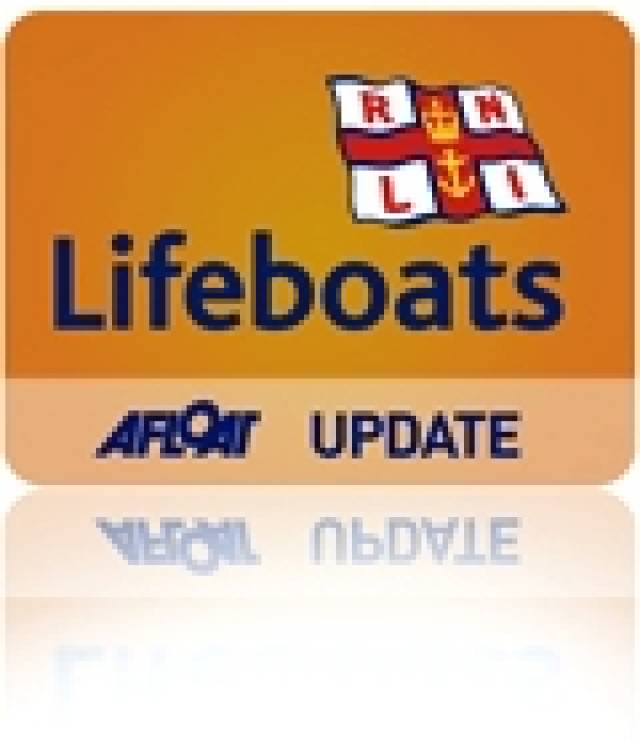#RNLI - Portrush RNLI volunteer Karl O’Neill is becoming one of the RNLI's all-rounders, for as well as being helm for the Portrush inshore lifeboat and senior RNLI lifeguard, he is now a part of the lifesaving charity's Flood Rescue Team (FRT).
The FRT is available 24 hours a day, seven days a week to deploy to flooding events in the UK, Ireland and abroad for search and rescue (SAR) operations.
The team comprises RNLI members from across the network who have been specially trained for the risks involved when working in or around fast moving flood water. The team are all either serving volunteer lifeboat crew or operational RNLI staff who volunteer to be part of the team.
As part of his training, O'Neill had to go to Loch Etive, near Oban in Scotland, for a period of four days' intensive training. The training exercises are designed to ensure that the team are fully prepared for dangerous and unpredictable flood waters, which differ greatly from the sea environment.
These exercises allow the volunteers to practise their skills in fast-flowing water, simulating the conditions they could face in a real life situation.
"It was a great experience to be trained for this type of emergency and has equipped me to respond in an emergency when the call comes," said O'Neill on his return to station.
"The training I had already received from the RNLI had given me a good foundation already, but the flood water training was very different to being in the open sea."
Lifeboat operations manager Robin Cardwell added that "the team at Portrush are very proud of Karl in terms of this training. He will be a great asset to any of the FR Teams when called to respond."
Karl O'Neill's family has a long association with Portrush Lifeboat Station, as his grandfather was a mechanic and cox, his uncle Anthony Chambers is the present mechanic and RNLI Bronze Medal awardee, and his cousin Jason Chambers is also on crew.
In other Portrush news, O'Neill and his inshore lifeboat crew got their first service of 2014 last Sunday (16 February) just after their usual training session, when they were called to the assistance of two surfers who got into difficulties off Portstewart Strand.
The weather was unusually mild for a Sunday in February and perfect conditions for surfing. However, the surfers were caught in strong currents and were swept out to sea.
The Inshore lifeboat quickly located the first surfer and got him on board. They then found the other surfer and, after getting him on board, transported both surfers back to the beach.
"It was a beautiful day for surfing on the North Coast but it goes to show that everyone needs to be mindful about sea safety," said Cardwell.































































